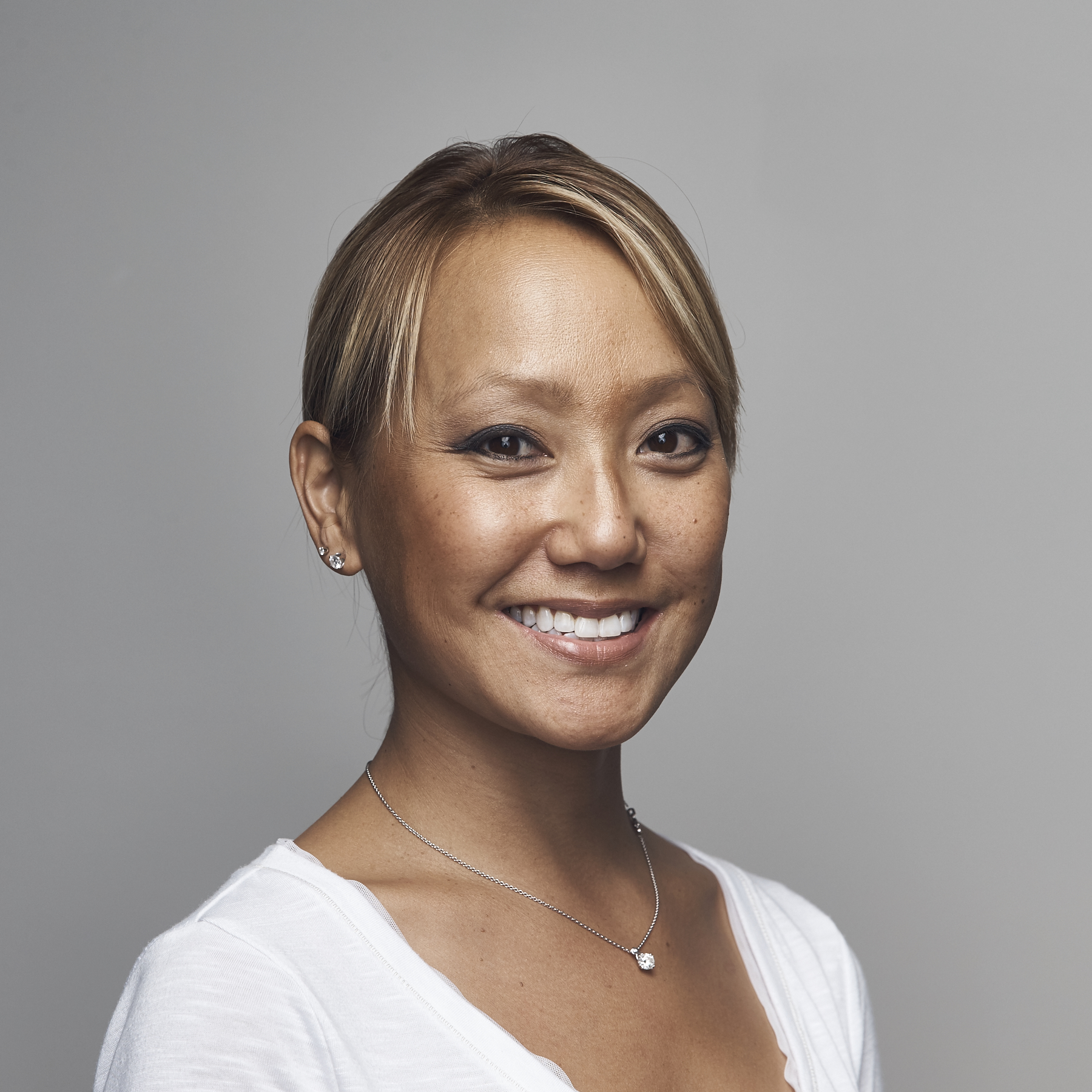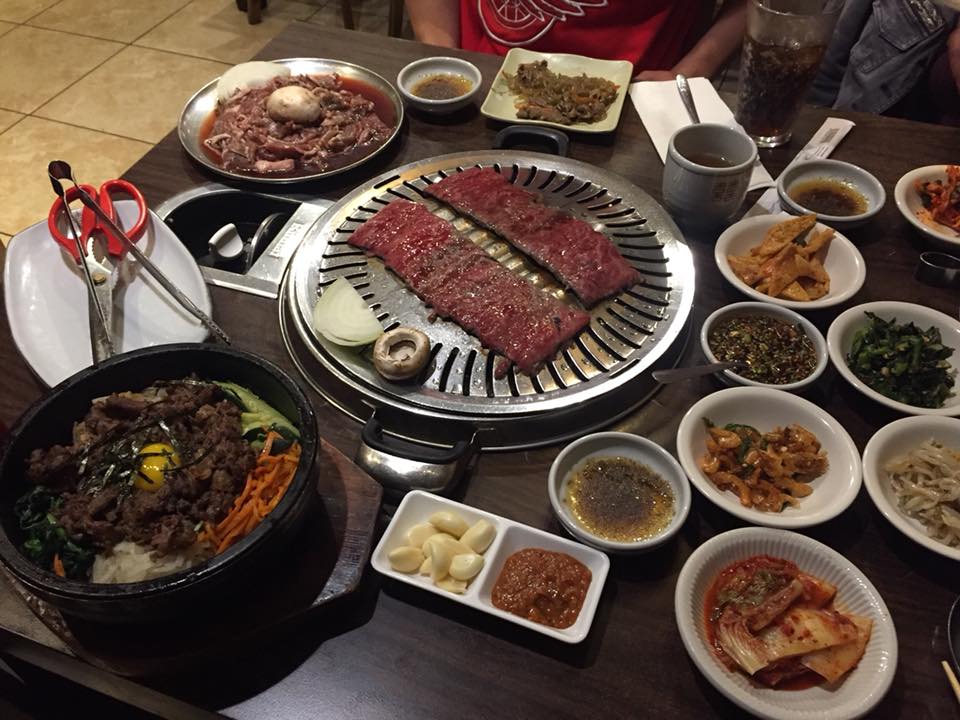Back in 2017, I traveled to Seoul South Korea on a homecoming trip to visit my birth country. During my travels I revealed my thoughts and feelings about adoption. What I found during this process was the amount of family and friends that supported me but also the growing number of Korean adoptees who have reached out to me since my trip to South Korea. Together it's been very theraputic to speak with other adoptees, share our feelings about adoption, and learn more about Korean culture.
A couple years ago, my friend Carolyn introduced me to Tara Revyn, a Korean Adoptee who grew up in Lake Orion, MI, a suburb of Detroit. Tara and I spoke over a year on social media before finally meeting each other in person October 2017. She was kind enough to let me photograph her for the start of this new project and ask a few questions.
Where did you grow up?
I grew up in Lake Orion, Michigan until I was in sixth grade. When I was growing up, it was a very small town that used to be a vacation destination for people who would come during the summer to their cottages and enjoy the lake. It’s a predominately Caucasian community, so I was the only Korean child in school. After my sixth grade year, my dad was transferred to a small town in Pennsylvania, Limerick, for two years and then to a small town in Florida, Spring Hill, for another two years. We came back to Lake Orion in the middle of my tenth grade year and graduated from Lake Orion High School. Both Lake Orion and Limerick, PA, were difficult to make a lot of friends, both were predominately Caucasian neighborhoods, and both schools that I attended in those cities were also predominately Caucasian. Spring Hill, FL was much more diverse, with a rich Hispanic community as well as other races that, for me, was more than welcome. I felt like I was not the only one who was “not white” for the first time in my life.
What was growing up like in those three cities?
Growing up in Lake Orion was challenging in many ways. Since I was the only Korean student at the Catholic school I attended, I felt like I didn’t fit in. Many of the kids would make fun of my eyes, calling me names and pulling the corners of their eyelids up to make their eyes appear slanted like mine. I hated going to school; I hated it so much. I didn’t talk to many of my peers and found that I spent most of my time trying to talk to my teachers. They were always very kind to me, perhaps because they saw the way that the other kids treated me and felt bad for me. In Limerick, PA, I found a small group of teens that I spent most of my time with. These kids lived in my neighborhood and rode the bus with me, so I got to know them and they were accepting of me. I loved football and sports, which made it difficult to feel like I fit in with the other girls in my school, regardless of what city I was living in. Moving as a pre-teen and then teenager tends to be difficult, but having to make new friends and adjust to a new place when you’re a Korean adoptee, makes it that much more difficult. I went into each new school feeling completely “foreign” purely based on my appearance on the outside and the students in these new schools made sure I knew that.
What are a few things you wish more people understood about (Korean) Adoptees?
There are many things that I wish more people understood about Korean adoptees, number one being that we ARE adopted. I was born in South Korea, but I was raised in America. I don’t remember how it was when I was in Korea; I was only 10 months old. I realize that I look different than many people that I grew up with, studied in college with, worked with all because a majority of them are Caucasian. Based off of my outside appearance, I have had many people ask me what the food is like, talk to me in Korean if they happened to know a handful of Korean words or phrases, or other various things with the assumption that I know because I am Korean. Yes, I am Korean, but I am also American. I may not be Caucasian, but I am entirely American. I was raised in the Detroit area and surrounded by family who are Polish, German, and Belgium, among others.
I also wish that, although some adoptees may have not forgiven or accepted that they are adopted, not all adoptees feel that way. Assuming that I am angry or hurt because my mom did in fact leave me anonymously outside on a step close to the orphanage to be found, tells me that she felt she couldn’t provide for me the way a mother would want to care for her child. I not only have empathy for her, but I hurt for her that she had to make, what was probably the most difficult decision of her life. She probably had hopes that in leaving me, I would be adopted to parents who could care for me. I have a son and I couldn’t fathom how hard it had to have been for her to carry me for 9 months and then say goodbye, knowing she would never see me grow up. She kept me for three weeks, which the orphanage approximated my age was when they found me, so that makes it even that much more believable that she wanted to keep me, but for whatever reason, still had to say goodbye.
Another question that has somewhat bothered me, more so when I was younger, is, “What are you?”. If I had a dollar for every time someone asked me that question as a child and adult, I would have been able pay for a few trips back to Korea by now. I realize that it was asked with no intention of making me feel like I was different and that people are curious, but sometimes it’s just something that really does make me feel like I stand out. Growing up I was constantly reminded of how I looked different; the shape of my eyes, my hair color, how short I was, I was never “like the other kids.” I have grown to not only accept, but love what makes me different. Although, because I know what it’s like to be “different,” I also am very conscientious of not making assumptions about others based off of their race and I am aware of how I ask questions, should I be curious.
What’s one Korean dish everyone should try?
Because I grew up with very little exposure to the Korean culture and haven’t had a lot of opportunities to eat Korean food, I don’t have a favorite Korean dish. I’ve eaten Kimchi and like it. Realizing I don’t know a lot about Korean food, I’ve tried to make it a point to start going to Korean restaurants. I’ve liked most of the side dishes they served me at a Korean BBQ restaurant in Troy, MI, with the exception of a couple. I’ve learned that they eat a lot of beef and pork, which I typically don’t eat a lot of, but I liked the bulgogi and enjoyed the beef brisket. Hopefully, as I continue to go and explore more of the Korean foods, I will find some favorites.
January 11, 2018, Tara and her son J and I were able to grab some Korean BBQ!
Before I photographed Tara we probably spent a couple hours going back and forth sharing each other's adoptee stories and having many "Oh my gosh, me too!" moments. I want to take time to meet other Korean adoptees and share our experiences with each other and the world. There's not alot of stories being told about adoptees and what their thought process is. If you know of anyone who would love to meet up, please send them my way! More to come soon!





